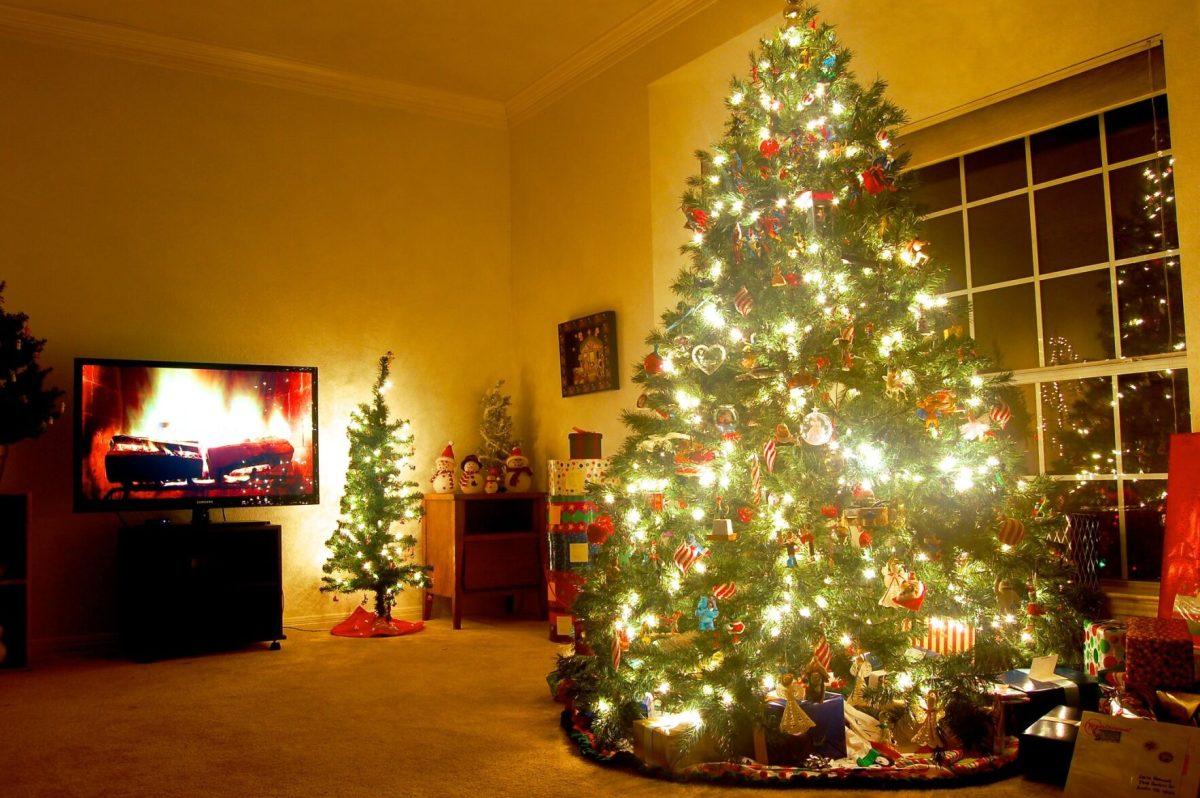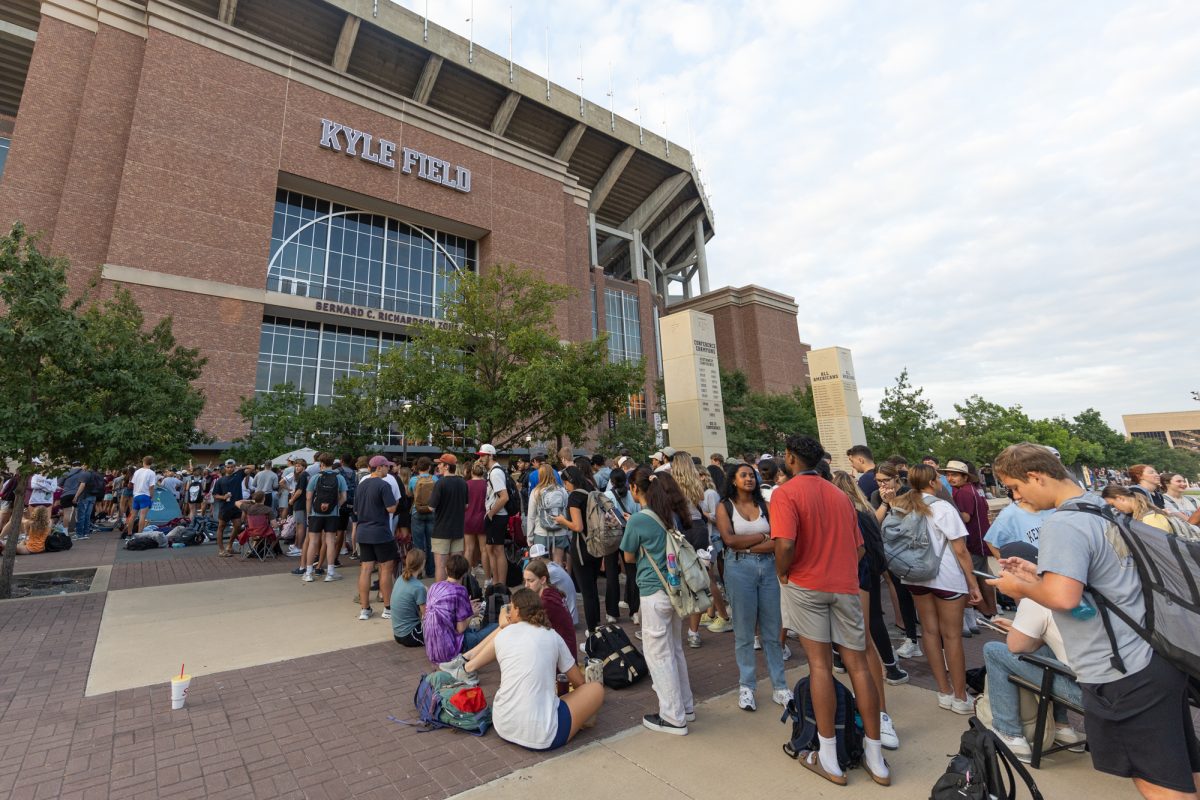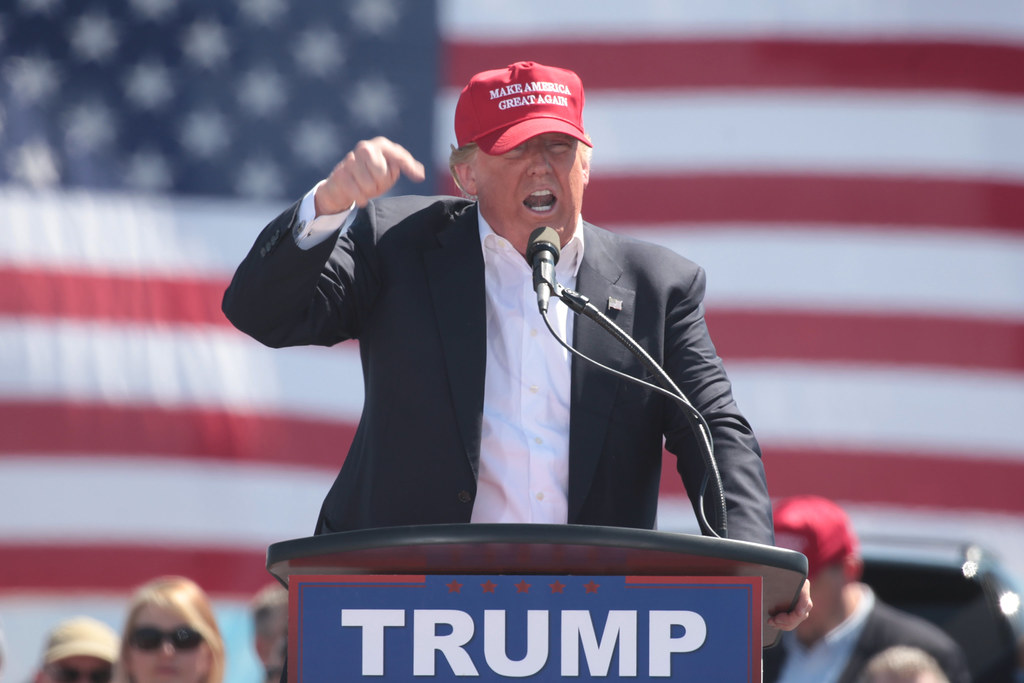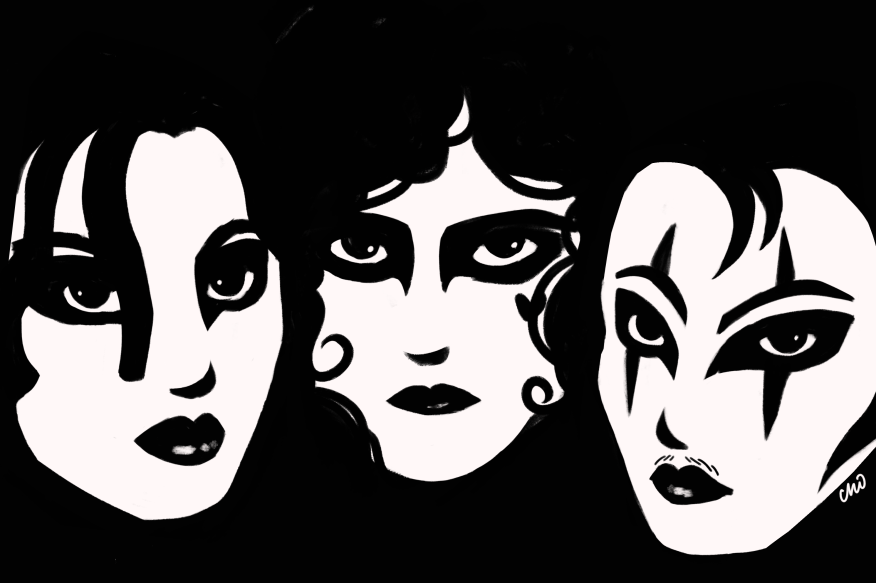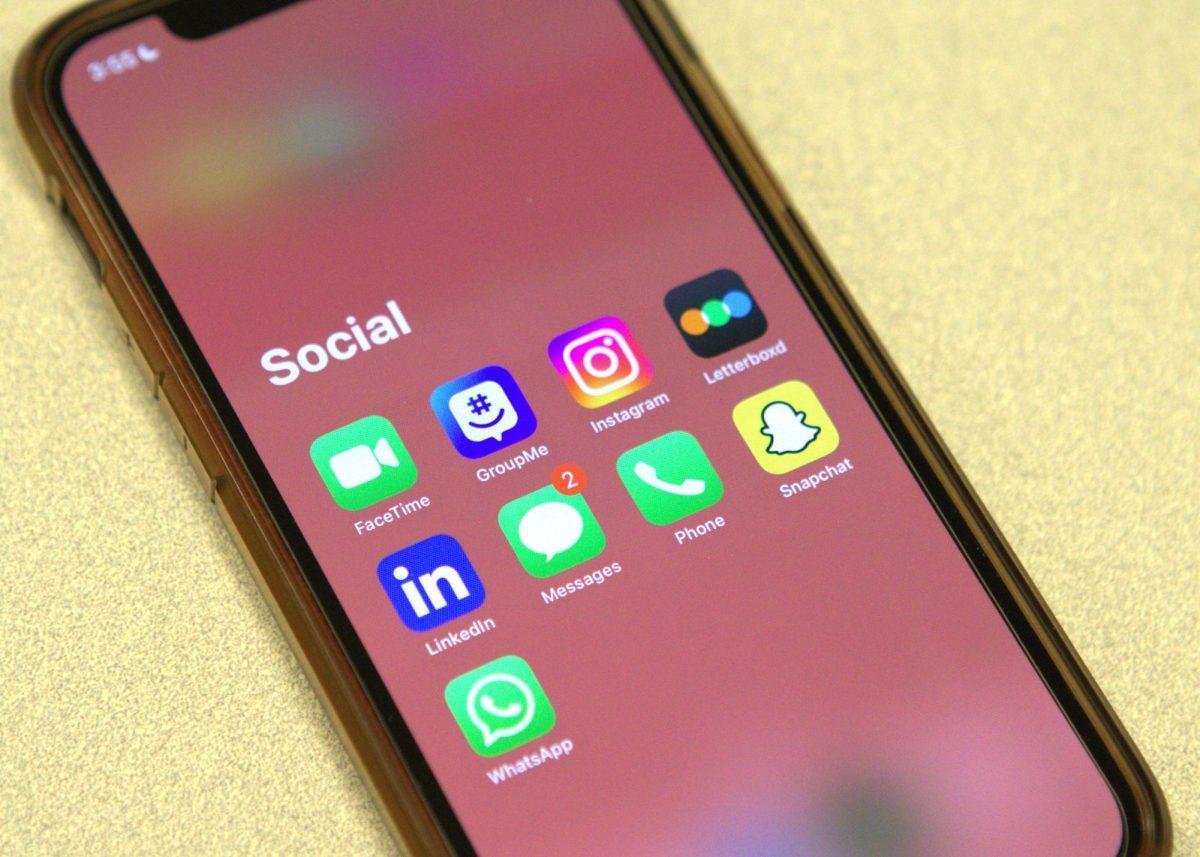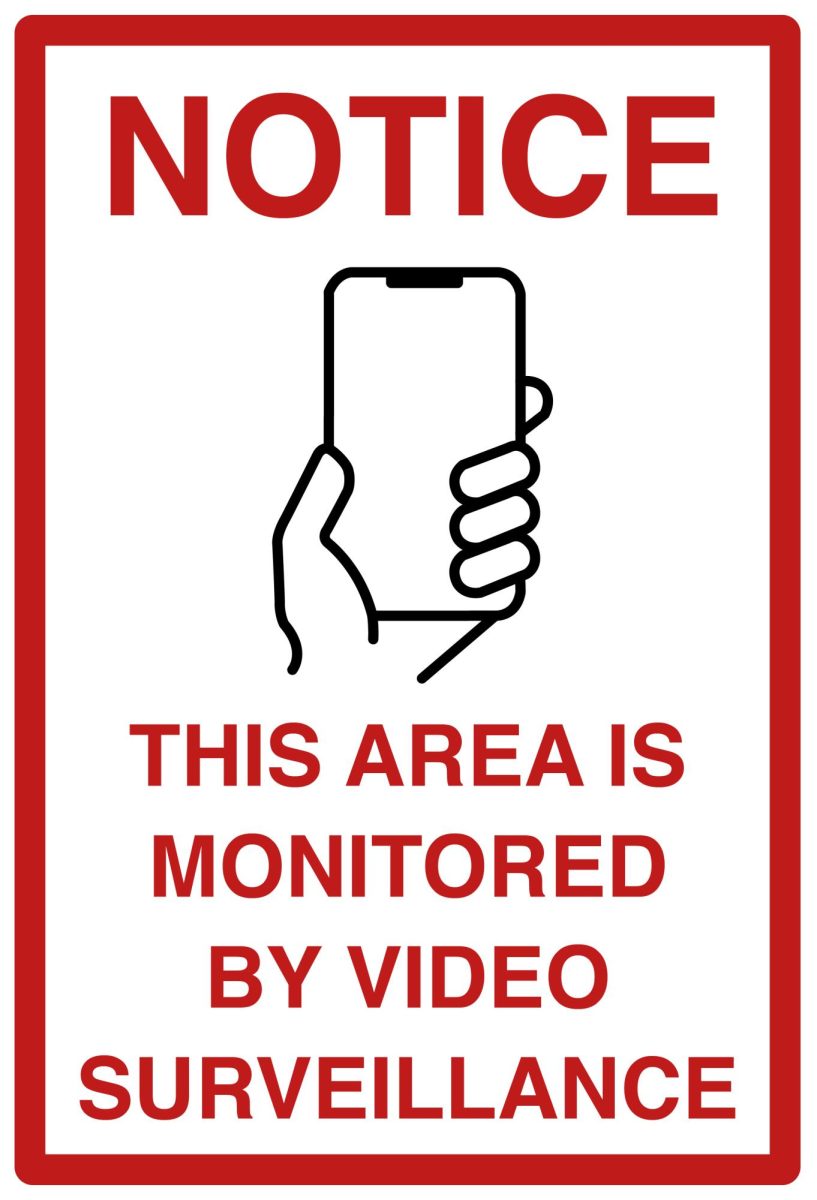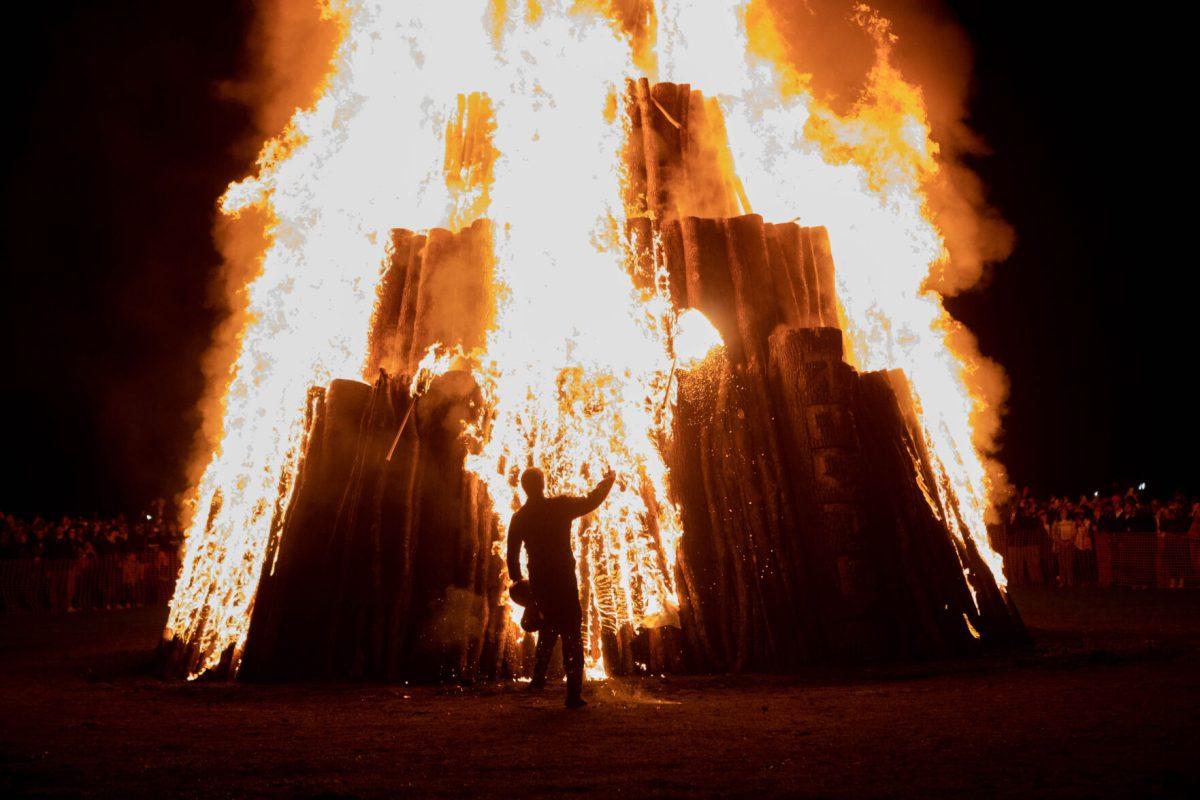Christmas is more than a holiday for most Americans — it’s a season about love, family, hope and gift-giving. As such, the coming of winter has become less and less exclusive to those who celebrate it as the birth of Jesus Christ, but is that a bad thing? Conservative Christians will have you think so, declaring the spread of inclusivity around the holiday as the “War on Christmas.” I would know, I was raised among them.
Although now it’s common knowledge, the celebration of Christmas being brought closer to the time of the winter solstice is no coincidence, rather a tactic used by ancient Christians in order to convert Pagans and stop them from celebrating their equivalent: Yule.
However, in recent years, conservative Christians have declared the commercialization — and therefore the inclusivity — of Christmas to be a way to take the religion out of the holiday. They deemed this change as the “War on Christmas.” What started as a small grudge against the saying “Happy Holidays” turned into a culture of hate and a way that Christians could perpetuate their martyr dreams of being ostracized. Spoiler alert: Nobody was ostracizing them. As always, Christians remain the loud majority of even political offices, while atheists and Muslims bear most of the religious discrimination in the United States.
While conservatives wanting to feel oppressed is nothing new, these ideas become harmful when they start to affect the way one raises their children and the way you interact with others. In recent years, there has been a lot of nuance in the field of religious trauma, which can occur when children are raised with radical ideas of religion. I myself have struggled with religious trauma after making the choice to leave the Catholic Church due to the repeated homophobia I experienced and the resurfacing of assault allegations against countless priests.
As someone raised in a conservative and Catholic household — where Sean Hannity, Bill O’Reilly and Tucker Carlson were household names — I have to acknowledge my own part in perpetuating this hate. I, from a very young age, was taught to only say “Merry Christmas” and never “Happy Holidays.” My mother scoffed when I told her about how we learned of Kwanzaa in school and other cultures’ holidays celebrated at the same time as ours, and I was constantly being told about how you don’t take your Christmas lights down until after the 12th day of Christmas and to always use an angel on top of the tree instead of a star.
Worse, I was taught by implication that those who didn’t celebrate Christmas as the birth of Jesus were wrong and to be pitied and looked down upon.
Of course, I don’t feel the same way today. In fact, I think it’s admirable that people, no matter what religion, can celebrate typically Christian holidays without the implication of religion at all. There’s nothing inherently Christian about gift giving, it just happens to mean more to Christians it serves as an imitation of the three wise men who bring gifts to baby Jesus after his birth. Likewise, there’s nothing anti-Christian about putting a star on your tree instead of an angel — I still identify as a Christian and believe in angels, but on my tiny apartment tree I like to have a star, and that’s not wrong.
Christmas isn’t a time for fighting about which religion should be highlighted more in the media, nor is it a time to try and shove religious propaganda in the faces of others. It’s a time to be with the ones you love, giving presents and reflecting on the year you’ve had with those loved ones. It doesn’t matter how you celebrate, what you’re celebrating or if you’re celebrating at all. Christmas has become more than a religious holiday, it’s become a cultural holiday to Americans especially.
So, put on your comfiest pajamas, make some hot cocoa and prepare to see “Elf” all over cable TV because it’s that time of year again, and whatever you choose to celebrate this season, I wish all of you the very best.
Abbie Beckley is an english junior and an opinion writer for The Battalion.



